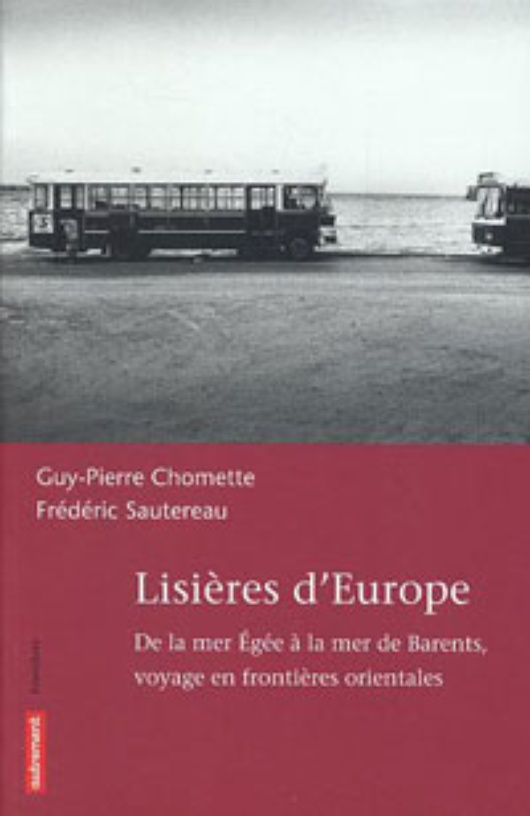Guy Pierre Chomette: a journey to new European frontiers
Published on
Journalist Guy Pierre Chomette, whose recent book sheds new light on the Enlargement countries, has championed the removal of all boundaries for a truly integrated Europe.
 Guy Pierre Chomette, free-lance journalist, globetrotter and Europhile, is a man to whom the sight of the European map and flag fills with a genuine feeling of pride and passion; a passion for exploring new European boundaries and cultures.
Guy Pierre Chomette, free-lance journalist, globetrotter and Europhile, is a man to whom the sight of the European map and flag fills with a genuine feeling of pride and passion; a passion for exploring new European boundaries and cultures.
Already an established newspaper journalist, in 1999 Chomette was rewarded with the Robert Guillain Reporter prize for his report on the Russo-Japanese quarrel over the Kuril Islands. Since then, he has turned his attention to a number of other projects including writing a book, Lisières d’Europe (The Edges of Europe), about his experiences exploring the new EU countries as well as possible future member states.
From 1997, when the European Council drew-up an outline for the Enlargement, Chomette has been researching the accession countries and spent three years travelling these border countries with photographer Frederic Sautereau. The result is that Lisières is not a tourist guide, but a genuine geopolitical, socio-cultural and historical analysis of the Central and Eastern European countries to have recently joined the European Union.
A realistic look at the effects of post-Communism
In the run-up to the enlargement of the EU, much has been done to gloss-over the darker aspects of life in Eastern Europe. What Chomette has done is to take the time to travel beyond the ‘beau visage’ of these countries, of cities such as Prague, and talk to ordinary people. The result is an eye-opening account of people living with the Communist legacy and having to struggle with problems like unemployment, corruption, social inequality and intimidation, and yet never losing sight of their dream to have the same quality of life as Western Europeans.
Chomette focuses our attention on the cultural, historical and geographical dimensions of European integration and the role that the newest members of the EU have to play. Not only does he emphasise Eastern Europe’s importance in the European community, but he also explains the crucial place of culture, history and the economy in fostering international dialogue and promotion of knowledge about Europe.



